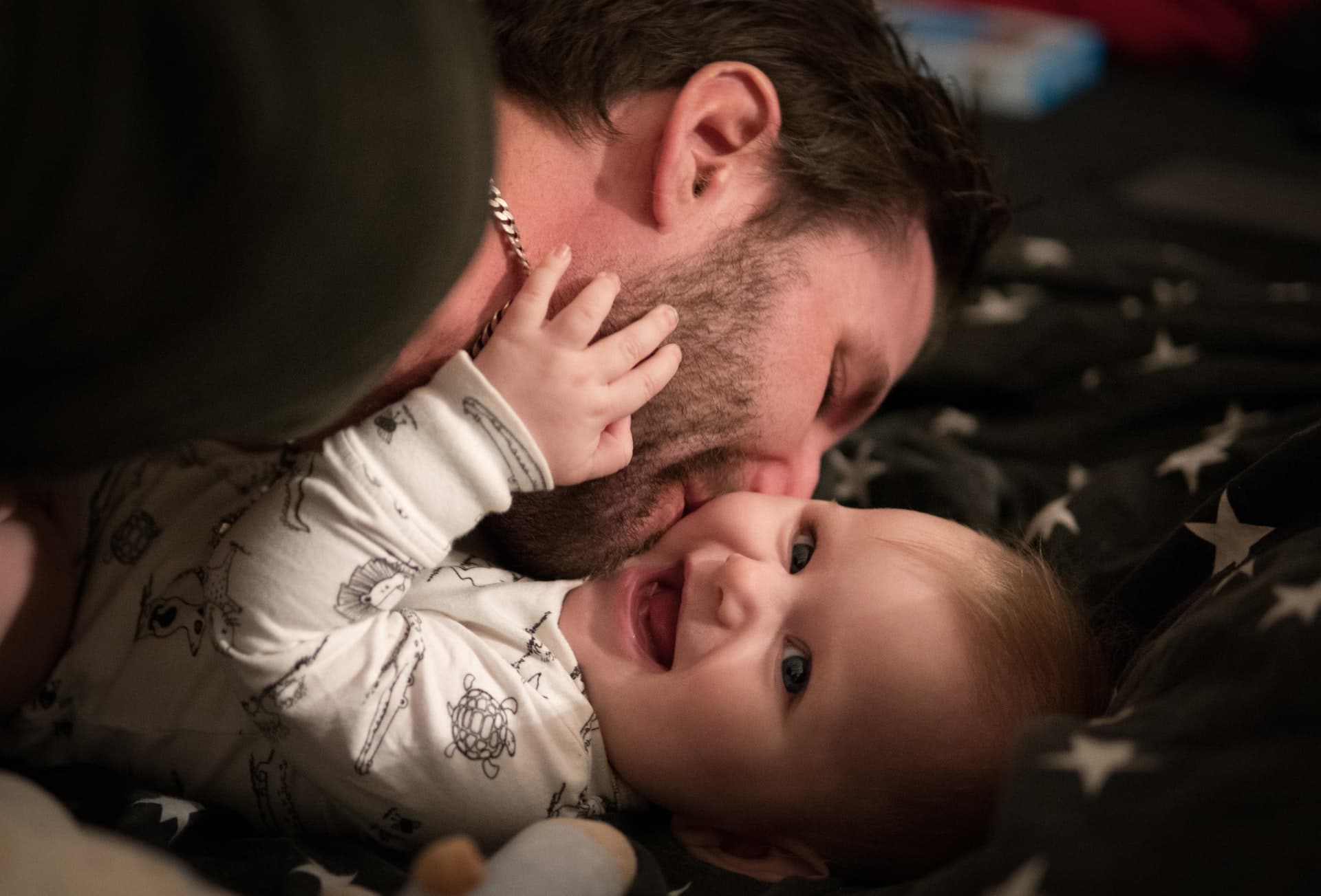
If there is one time of day that parents scrutinize carefully, it is mealtime. But often, what could be a convivial moment with their child turns into a literally agonizing showdown. From the first year of life, a baby will refuse to drink his bottle or eat his food. Parents are often at a loss when faced with this situation, worried about their child’s health. If you are in this situation, don’t panic! You should know that a baby will never let himself die of hunger. This phase is a sort of rite of passage, which can easily last several days, and will recur later as his diet evolves. So before taking drastic measures or going to a pediatrician in a hurry, here are a few precautions to take.
Check the basics
Up until the age of one, your child is still growing. In those 365 days, he or she will double in height and triple in weight. That’s why it’s important to get enough energy. But then, his physical evolution will slow down and this will immediately affect his diet. During this period, don’t look too far for reassurance! The weight curve in his health record is a very good indicator. If he is within the norm, you have nothing to worry about! Instead, check the obvious things. Maybe his bottle is just too hot because you’re at a friend’s house and her microwave doesn’t heat like yours. Or maybe you’re in the middle of a transition from breast milk to industrial milk and haven’t mastered the proper dosages yet. You may also have changed nipples and the new size is not suitable. Finally, your child may not be able to tell you yet, but he or she may be suffering from discomfort that prevents him or her from swallowing. He or she has a sore throat when swallowing, a sign that pharyngitis is starting. Or he may be teething. Seeing these signs will help you a lot!
Don’t insist, but educate him

Mealtime is a social ritual that must be learned, like everything else in your future adult life. Your child must be made aware of all the rules that apply to this daily encounter. If respecting fixed schedules is important to avoid surprises, the environment is extremely influential. And most of the time, it is the parents who make this moment difficult. The child is a stress sponge. If you’re in the middle of a move, or running around because your guests are arriving in five minutes and nothing is ready, you can hardly ask your child to eat calmly. Furthermore, the presence of games or a television nearby is likely to focus his attention and make him stop eating.
Eating should be fun
Around the age of 1, your child needs to vary his diet and, above all, to develop a real taste buds. Try purees, with or without pieces. Don’t hesitate to introduce your child to all kinds of fruits and vegetables. Don’t forget that raw or cooked, a vegetable doesn’t necessarily have the same flavor! Play with colors too. His toys are colorful, so why not his plate? And if he wants to refuse a spoon, it may be because he wants to handle it himself! Finally, even if it’s better to keep a fixed schedule for meals, give him a little break if he’s up later, because he might just not be hungry yet. In short, a child is like an adult, only smaller…















